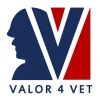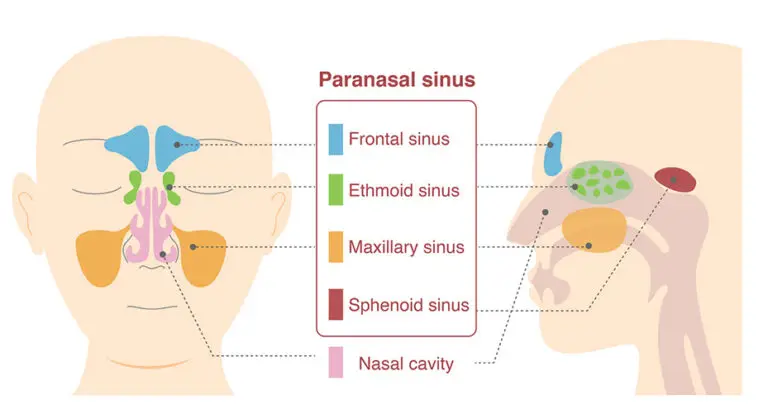A “nexus” is a legal term signifying a connection or link, often required for veterans filing claims related to injuries or medical conditions stemming from in-service events. This connection is documented in a Nexus Letter, crafted by a medical professional, linking the event to the claimant’s current medical condition.
For a claim to be service-connected, veterans require three elements:
- An in-service event or injury,
- A current diagnosis of the claimed condition,
- A nexus connecting the event to the current diagnosis.
The third element necessitates a nexus letter.
Professionals who can author these letters include physician assistants, nurse practitioners, MDs, DOs, podiatrists, audiologists, or psychologists with a PhD.
It is the standard practice of the VA to have a veteran sent for a Compensation and Pension exam, also known as a C & P exam. These exams are conducted by VA-employed or contract medical professionals. The C & P exam assesses the severity of the veteran’s claimed condition and may include a medical opinion on the nexus.
VA regulations require that the evidence demonstrates that the claimed condition is “at least as likely as not” service-related in order to grant the veteran a service connection. And in the event, the evidence is fifty percent for the veteran and fifty percent against the veteran, the medical professional is to lean in the favor of the veteran. Overall, this means that the veteran only needs to show that there is a 50% probability that the claimed condition is related to service.
Unfortunately, it is our opinion at Valor 4 Vet that VA examiners and contract examiners lack appropriate legal training to appreciate the value of the evidence for a veteran’s claim. This is based on direct experience within the VA and the many years of being in this field. This also means that VA’s examiners tend to provide unfavorable opinions.
To add to the obstacles, in the event medical opinions are in equal balance, meaning an equal number of supportive opinions and negative opinions, the VA typically prefers its own examiners’ conclusions.
Therefore, we recommend that veterans fight their claim with a strong nexus letter from an experienced non-VA medical professional. Veterans should seek expertise from medical professionals knowledgeable in VA disability law to craft persuasive nexus letters exceeding VA standards. General practitioners or primary care doctors, despite good intentions, may lack the specific claims process experience, leading to less persuasive letters and potential claim denial.
Some non-VA companies and specialists offer medical opinions or Independent Medical Examinations (IME), but at high costs, contingency fees, and or their process of providing these services suggest unethical, pay-to-play practices.
At Valor 4 Vet, our prices are flat fees, and you know what you are paying each step of the way.
Additionally, at Valor 4 Vet, we use a team approach with medical professionals who are well-versed in this field. Our team approach entails collaboration on whether a nexus exists and a checks and balances system in each process. So when a nexus letter is written, typically, four medical professionals have touched the veteran’s file. This is a higher standard than any competitor in this field and surpasses the standards set at the VA.
When to Submit a Nexus Letter.
Lastly, you should know when to submit a nexus letter. A nexus letter can be submitted with a claimant’s initial application, anytime during the claim process, after an adverse C & P exam, or after receiving a rating decision denial. The only time new evidence cannot be added is when you file an appeal for a higher level review or when the VA has stated in a formal letter that no additional evidence can be submitted by the claimant.
In Summary, if you receive a denial or want to approach your claim with a solid foundation, we recommend that you enlist Valor 4 Vet for a well-crafted nexus letter. The Valor 4 Vet team can draft a nexus letter for you and help you to “stack the deck” in your favor.



